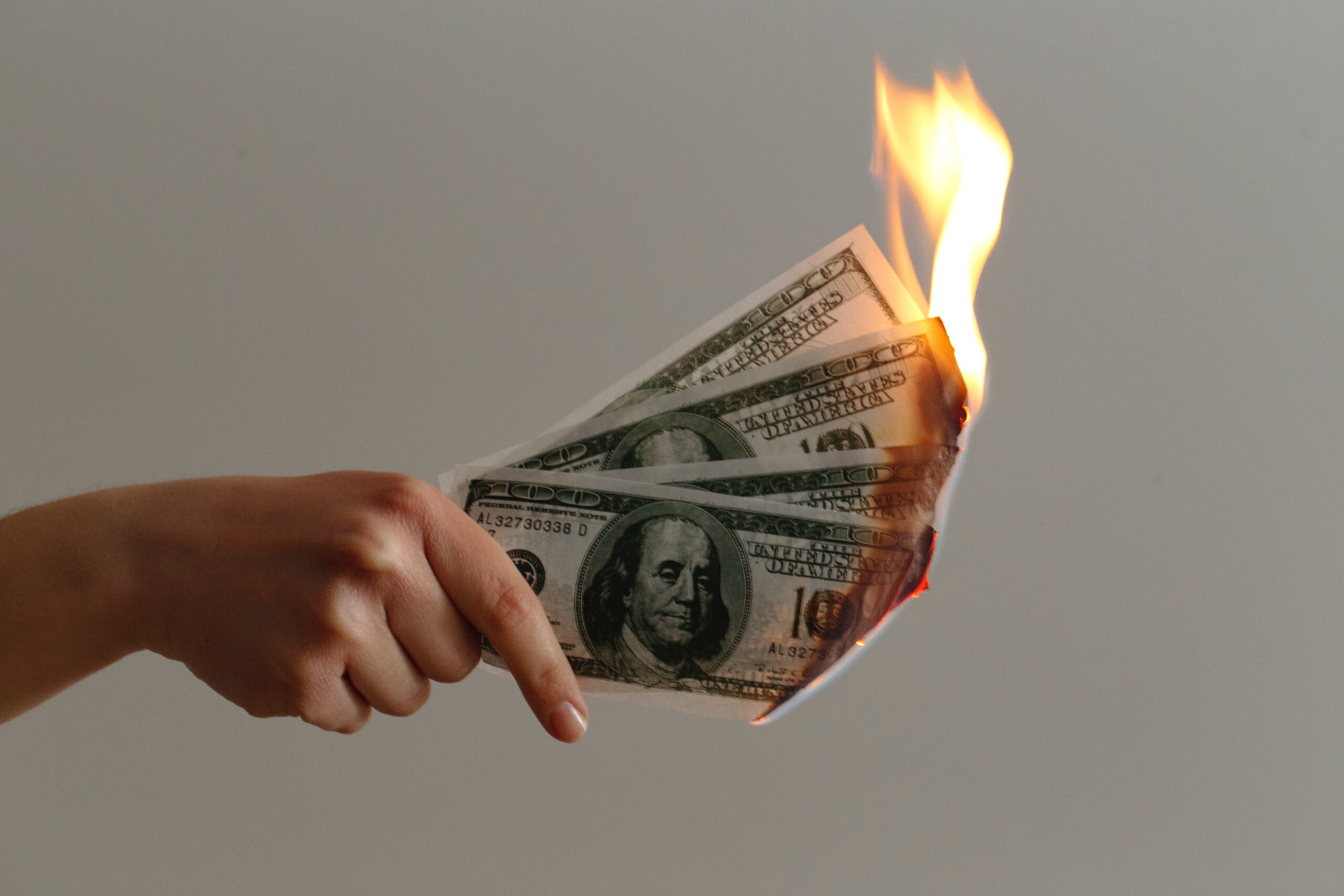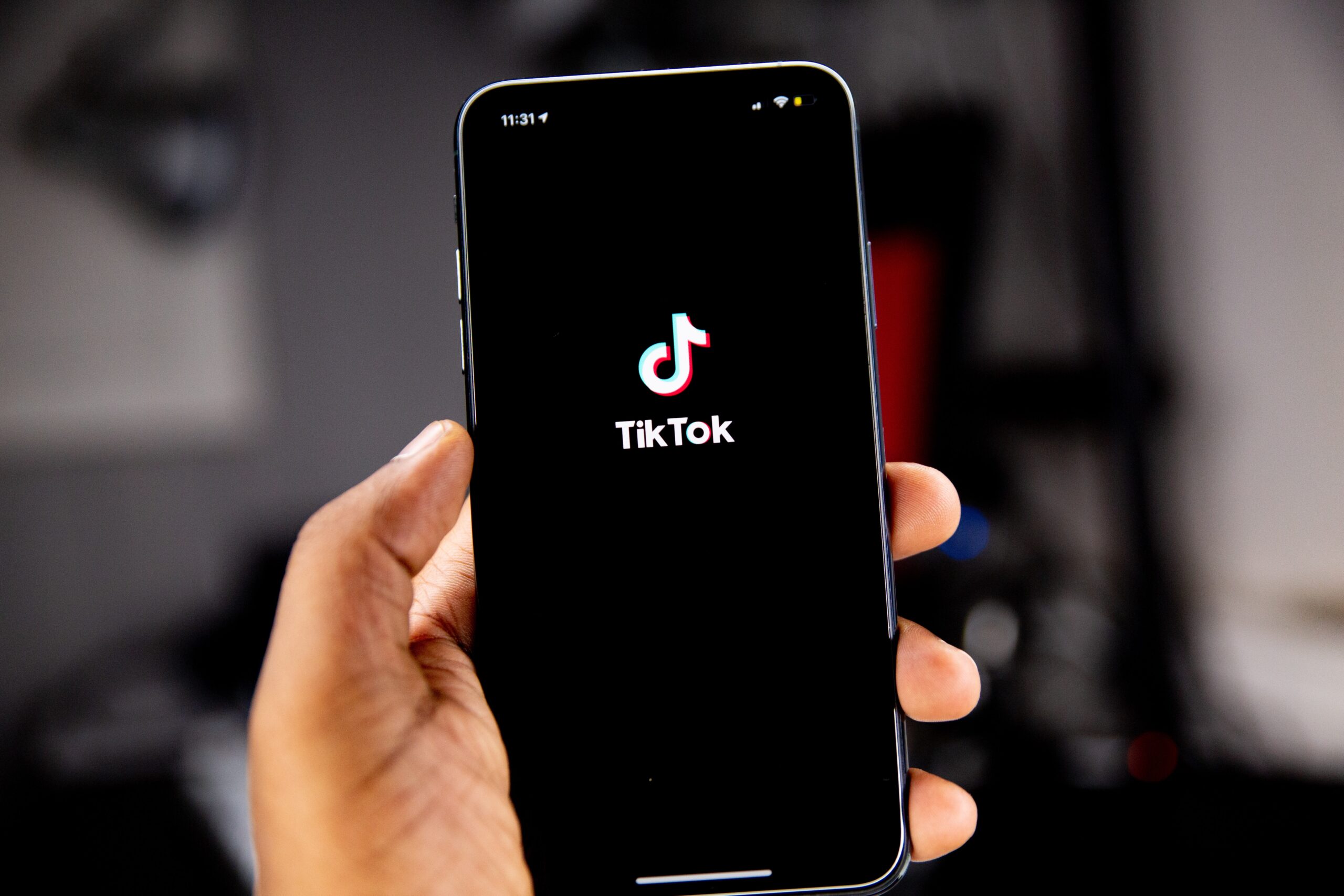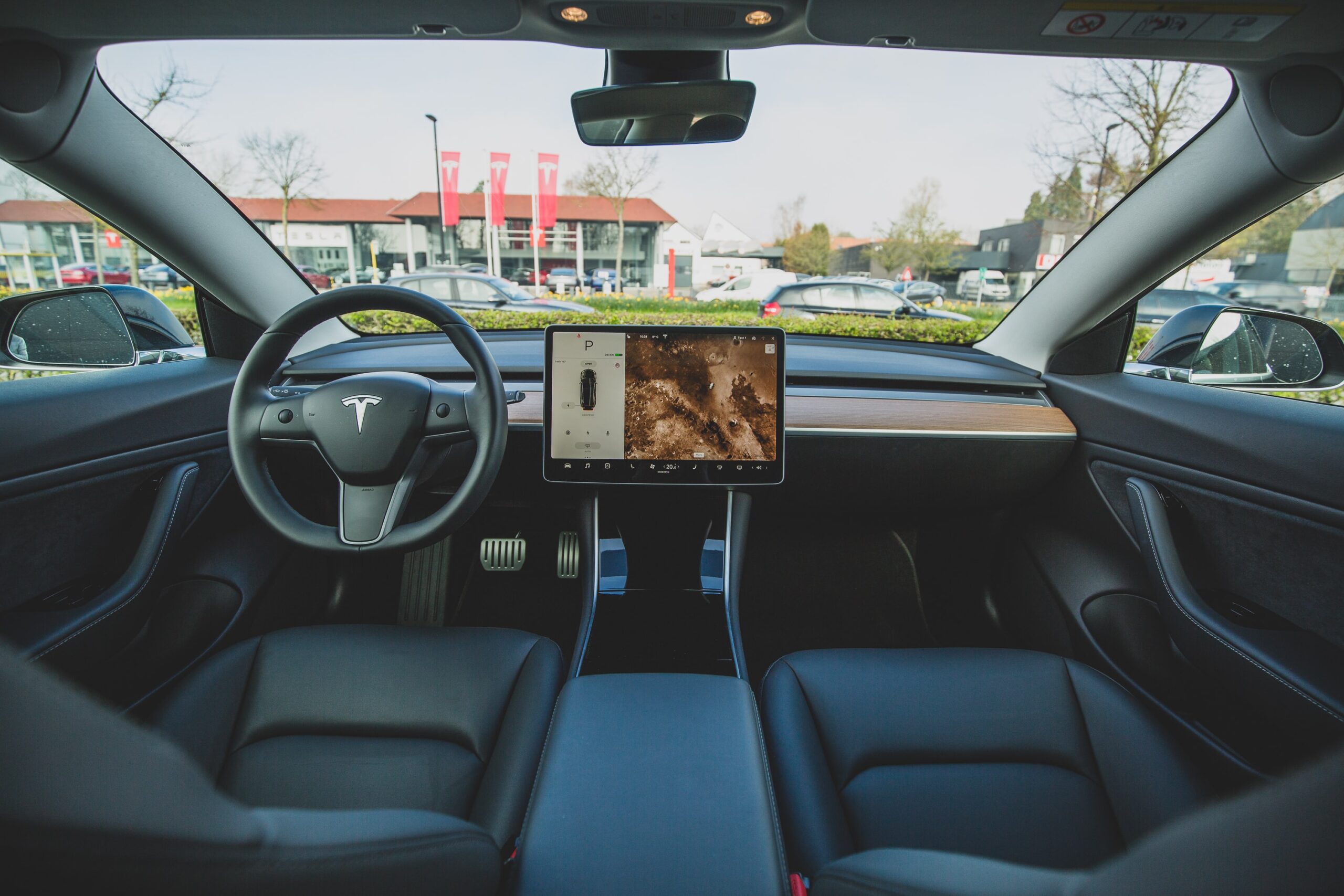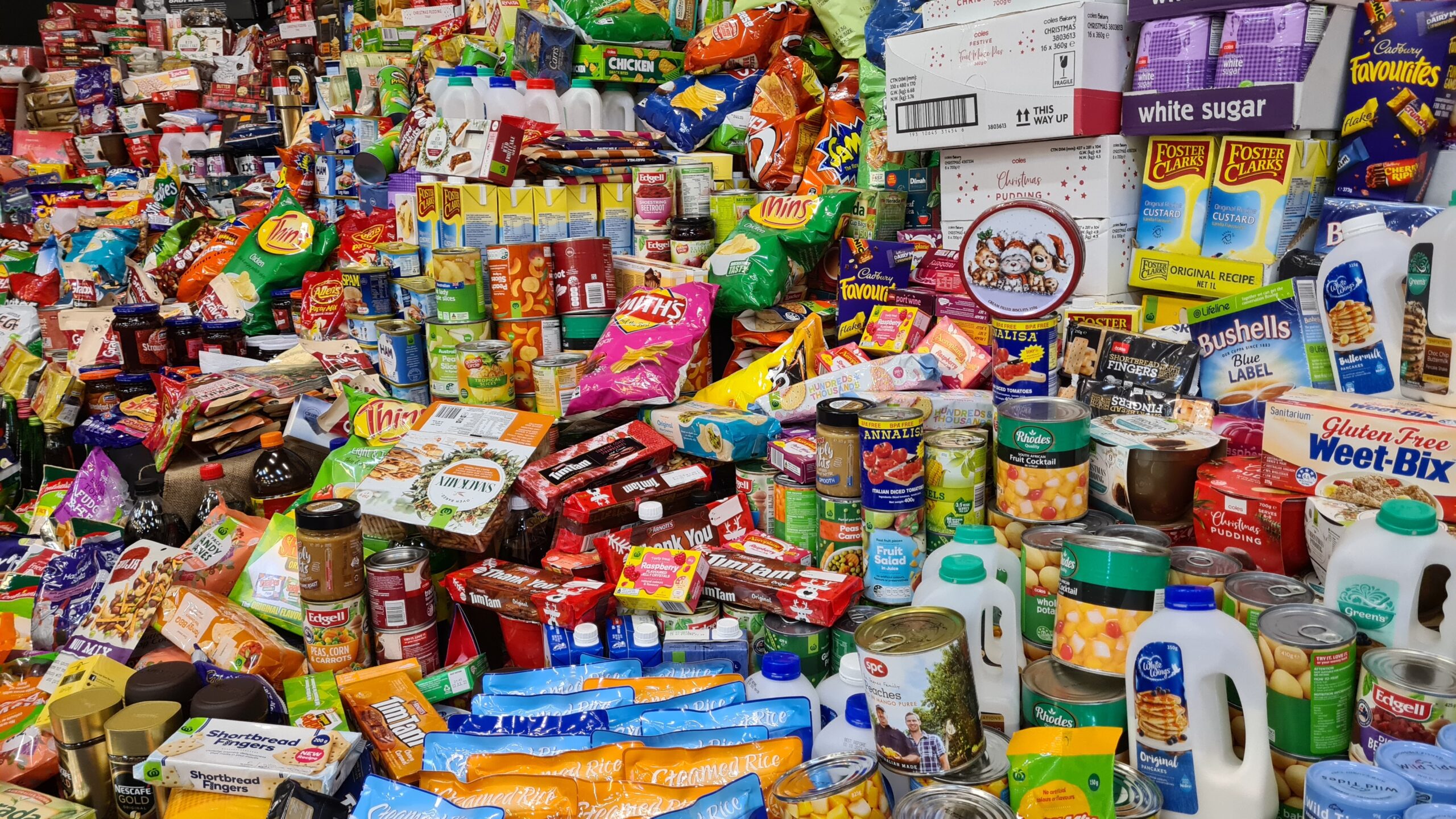Society was already moving towards being cash-free even before the pandemic struck. Coronavirus became an accelerant of this trend, as with the onset of the pandemic people became more aware of the risks of handling money and the use of cards and other contactless payment methods skyrocketed.
In fact, some businesses in the US have already banned the use of coins and bills and demanded that customers pay using cashless methods.
In a recent survey by Travis Credit Union, 58% of people said they plan to stop using cash altogether soon.
Whilst there are many benefits to this switch, there are also several drawbacks.
1 Loss of Privacy
Each time you pay with your card or phone, you are giving the business you bought from access to your payment information. Your bank also knows details of every penny you spend and what you spent it on.
2 Security
If you lose your wallet with $50 in it, then that is all you have lost. If you lose your credit card, then it is a completely different ball game. Not only are you vulnerable to fraudulent purchases, but you are also open to identity theft. Then there is the hassle of canceling your card and waiting for its replacement.
3 The fallibility of technology
I speak from personal experience on this one. In a recent foray to a supermarket, I tried to pay with my card, which was rejected, as was my effort to pay with my phone. With no cash or other card with me, it was an embarrassing situation. The app on my phone was nice enough to tell me that my bank was currently suffering issues that could affect card payments. Cash does not have issues with technology.
4 Budgeting is more difficult.
Financial experts have long cited using cash as a method of controlling spending. It is a tangible item, that you can physically see dwindling. With a credit card or mobile, swiping is easy, a dollar here and a dollar there does not seem much at the time. But it soon adds up.
5 Not everyone has access to these services.
Although the number of people affected is dwindling as we shift towards a cashless society, there is still a sizable proportion of the population that don’t have access to cashless payment methods. Unfortunately, this percentage is often the vulnerable in society: low-income earners, older and retired people, and the disabled are all likely to be amongst the hardest hit.
6 It affects the profits of a small business.
Each transaction is likely to cost a business a percentage of its profits. Retailers must pay third-party fees on each purchase. The percentages are low for each transaction, but for struggling businesses, these fees could be what makes it or breaks it.
7 What about the poor piggy banks?
It may seem like a whimsical point, but there is something about physically placing your spare change in a piggy bank and saving towards that special something. There is an emotional side to money that the cold clinical swiping of cards and phones just cannot replace.



